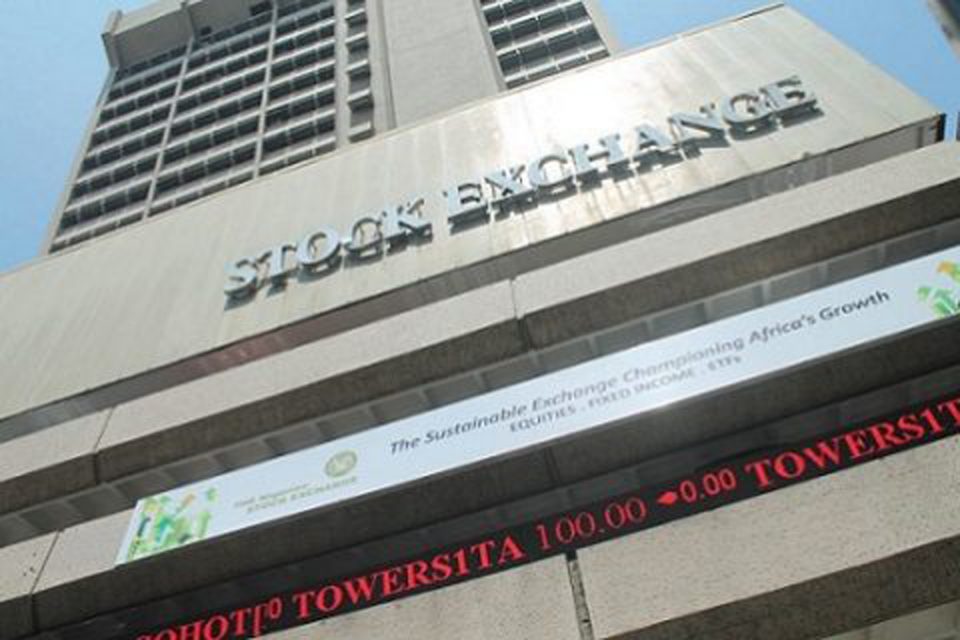…As equities gain N730bn in 4 days
Nigeria’s private sector debt to Gross Domestic Product (GDP) ratio rose by 14 per cent as of the third quarter of 2020, a sharp rise from 11.8 per cent reported at the end of 2019. The figure was contained in the report released by the National Bureau of Statistics (NBS) which revealed that the country’s Real GDP Growth rate contracted by 3.62 per cent in the third quarter (Q3) of 2020, while adding that its private sector loans as of Q3 2020 stood at N19.86 trillion compared to a GDP of N146.69 trillion in the previous quarter.
Private sector debt to GDP compares the total number of bank lending to the private sector with the gross domestic product of the country. The sharp rise in the private sector debt to GDP ratio reflects increased lending by deposit money banks in the country.
Despite the pandemic and the fall in crude oil prices, banks in Nigeria have been coerced by the Central Bank to increase lending to the private sector. Monetary policy measures such as increased Cash Reserve Ratios and Loan to deposit ratios (LDR) by the CBN has seen banks forced to increase lending to the private sector or face a sequester of their deposits. The CBN in its last monetary policy meeting recognised the impact of lending to the private sector declaring that “the MPC noted with pleasure, the CBN’s engagement with relevant stakeholders, particularly in the private sector, to hasten the recovery of growth. This engagement would involve collaboration towards job creation and provision of credit facilities to stimulate business activities for both corporates and individuals.” But economic analysts say that despite the rise recorded at the end of the quarter, it is still lower than the 15.7 per cent recorded in 2016 and 13.7 per cent in 2015. According to them, the cyclical nature of the ratios reflects the lack of correlation between banking sector lending and driving economic expansion for the country.
Meanwhile, investors on the floor of the Nigerian Stock Exchange (NSE) have had cause to smile due to sustained bullish sentiment in the market due to the current stock prices. This had led to a gain of N729 billion in four consecutive trading sessions due to price appreciation in highly capitalised stocks which include Airtel Africa, Dangote Cement, Guaranty Trust (GT) Bank, WAPCO as well as Zenith Bank.




